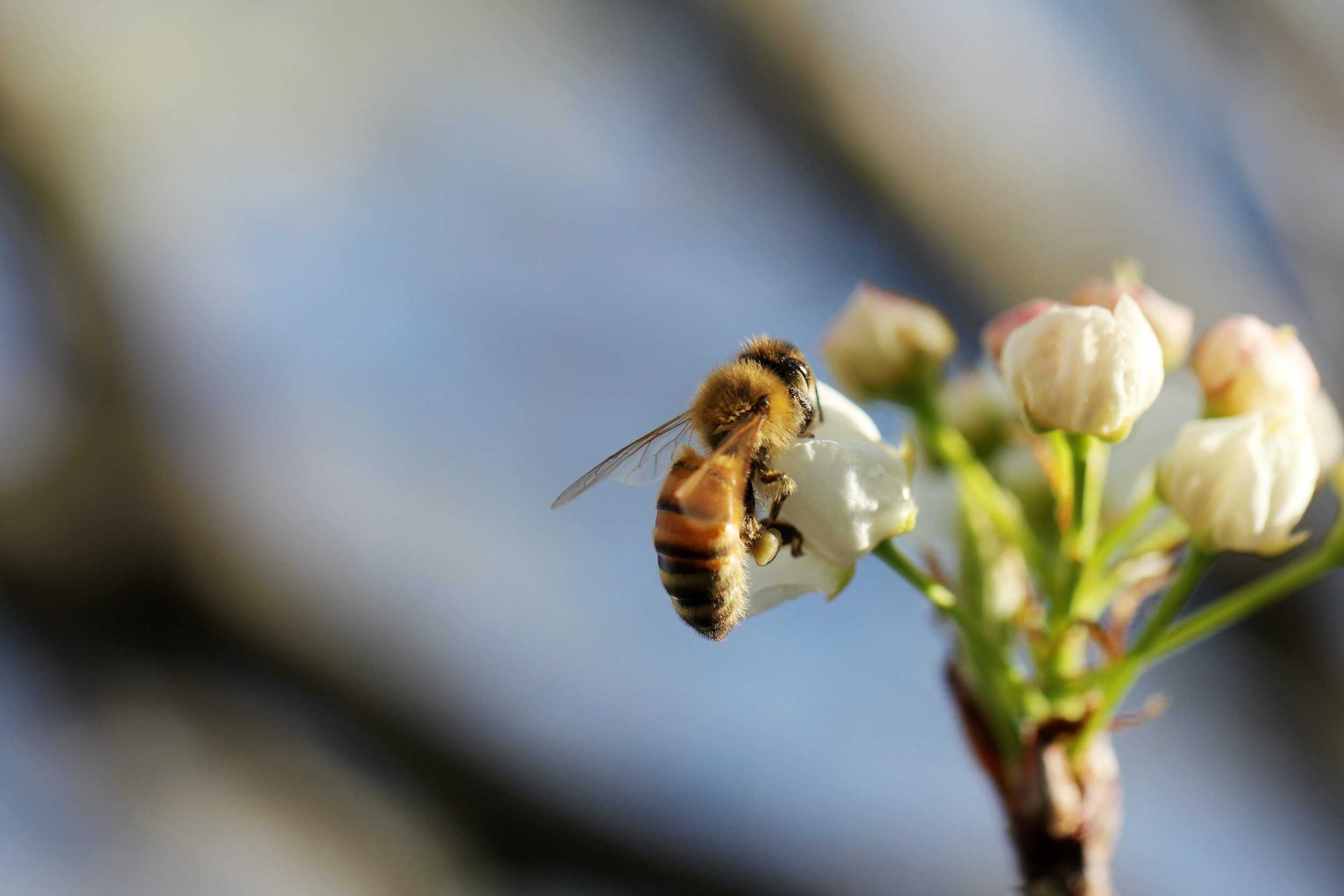Healing Ecosystems
There is a lot of writing these days that talk about our “ecosystem.” I think it is a helpful analogy, if a damning one.
How we think of our ecosystems is how we could conceptualize healing systems for people.
History of ecology
If you look at old gardens, they asserted their dominance on the landscapes. They were artificial, airlifted into place at the expense of the natural environment. They were costly to build and costly to maintain. They sucked resources from the surrounding environment. Their maintenance required more and more costly and destructive efforts, using herbicides to protect non-native species, killing pollinators while attempting to protect the beauty of the experience through pesticides. Using water and chemicals and exertion of human will to create an artificial sense of beauty. These approaches are — rightly — falling out of favor.
History of systems
We see this in our legacy systems of care. They attempt to exert their will on the environment through artificial dominance. They are places that people travel to for a limited amount of time, knowing that the vast majority of people have to return home at some point. They focus on the individual while simultaneously declaring the issues they address systemic — and therefore local.
They are costly to build and even more costly to maintain. The residential-focus of most “continuums of care” are the ecological equivalent of taking the resources that could support 1,000s of backyard and community gardens and building a big glass greenhouse instead. They make demands of the ecosystem instead of supporting it.
They were designed for the privileged few by the privileged few. The beauty of their award-winning cut flowers and the greenhouse is undeniable, but looking across the landscape, you can’t help wonder if we might be better off considering another approach.
Stewards and House Flippers
Ecological stewardship requires us to lengthen the timeline of our focus. We plant trees for people who won’t be born for decades. We undertake remediation plans that consider the revitalization of watersheds and forests in terms of 100’s of years. We support efforts to curtail the planting of non-native species, resource-intensive production methods, and unsustainable harvesting. We focus on things like soil makeup, pollinators, and access to clean and sustainable water sources — all while while intentionally cultivating and listening keenly to the precious, naive hopes of the next generation.
While the world is planting annuals in the hope of increasing short-term prestige and property values, we wander in the desert planting native seedlings and buy fallow ground with our life savings. While others are telling us that our efforts are too much, too far, too quickly, what they can’t help but get excited about is the small piece of them that wonders:
If a couple people committed themselves to a lifetime of effort, would they be able to build the future?
What’s next?
We fail — that’s what’s next. Haha! We fail over and over while keeping our aim and sharing our aspirations, not as judgments or indictments but as a truthful and aspirational vision for what is possible. We try to find the ways that the greenhouses can work to support efforts in the community — not as experts there to show them how to do things — but as stewards and the managers of our shared infrastructure. We show up to learn about how to manage native plantings in resource-poor environments — not to demonstrate the beauty of our greenhouse-grown cut flowers.
We help those with whom we work cultivate pride in the beauty of the landscape and investment in the whole ecosystem, not just pride in our piece of it. We challenge ourselves to continually explore our relationship with our work.
Are we acting as stewards or are we getting a little intoxicated by peddling such beautiful cut flowers?
And, we — I — attempt to become comfortable in the pinch between an aspirational vision and our imperfect selves and imperfect reality. This vision damns us to a lifetime of hubris and hypocrisy while we attempt — and likely fail — to meet our own standards.
Let us meet it head-up and eyes-open.

